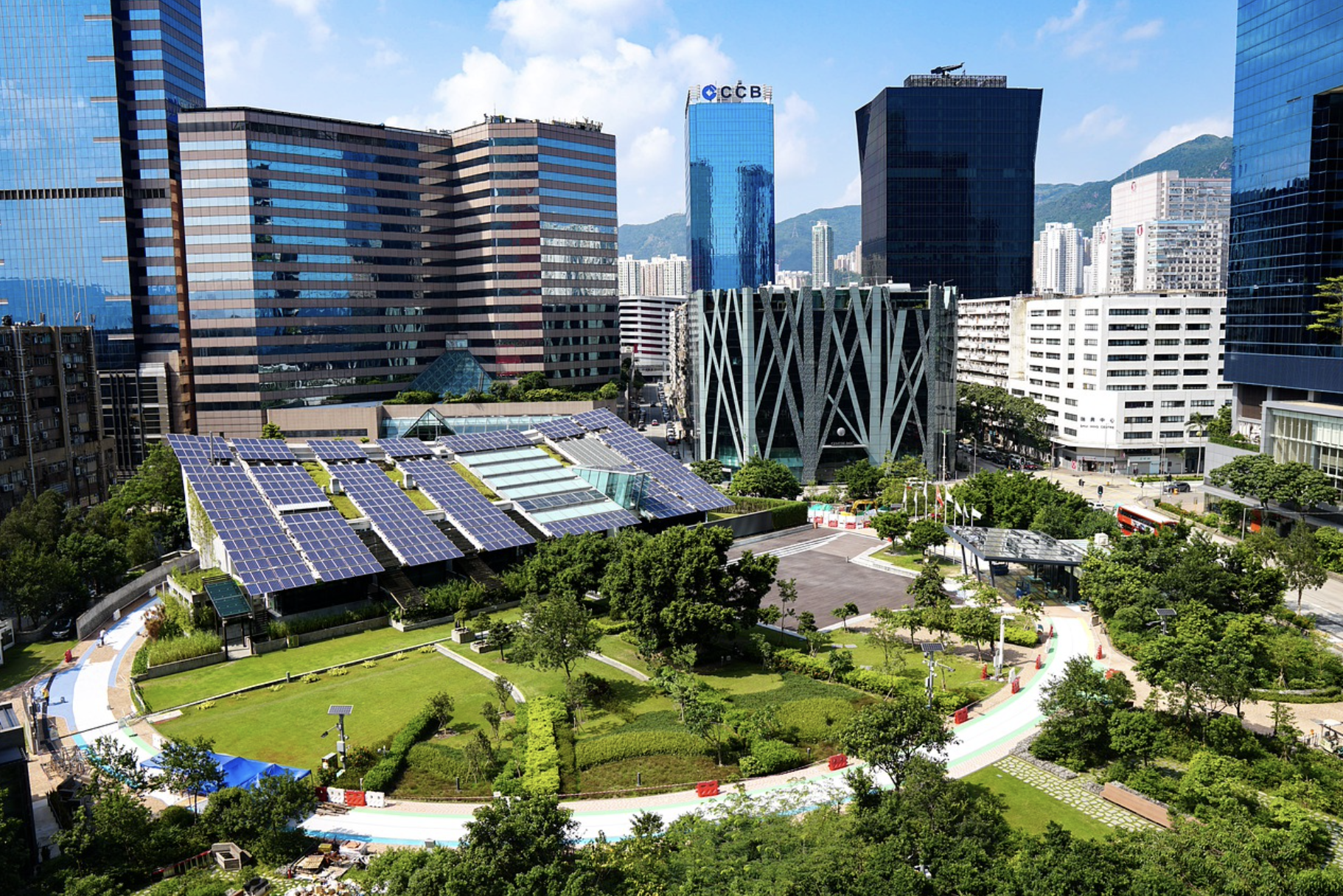Renewable energy: our futures depend on it
The need for us to switch to renewable sources of energy is urgent because our use of fossil fuels is causing global warming and climate change. We're familiar with the word 'renewables', but that said lots of us still aren't entirely sure what's meant by the term

Scientific data shows the past eight years have been the hottest ever and without urgent action temperatures will only continue to rise, making life intolerable for millions of people around the world. Hence the drive from governments and individuals to switch to renewable sources of electricity.
Renewables offer cleaner and safer types of energy, which will reduce our dependence on fossil fuels. So which are the best, most widely used and efficient sources of electricity from renewable sources?
1. Solar energy
Solar energy is generated from sunlight - bear in mind that the sunlight that strikes the earth in one hour can power up the world for an entire year. Solar energy is abundant and it's potentially available to everyone via solar panels. Lots of us do have solar panels on our roofs and increasingly public buildings are fitted with panels to save money and be eco friendly. Costs of installation vary from region to region and country to country. Visit www.atlanticrenewables.co.uk to learn more about solar panel installation.
2. Hydro energy
In many countries, hydro power in the form of dams and rivers continues to be one of the primary sources of electricity needed to power up cities. Very simply, hydroelectric power is generated using flowing water to spin a turbine which turns a shaft that's connected to an electric generator. More often than not, hydroelectric dams are used to direct the water downward through the turbine in a way which can be controlled to maximise energy production.
3. Tidal energy
Tidal energy is similar to the concept of hydroelectric power plants. The main difference is that it uses tidal waves to drive turbine generators. The first tidal energy plant was built in Brittany, France, opening in 1966. However, only a few countries are using this type of renewable source of energy because it's not cost-efficient to build one. Nonetheless, tidal energy offers huge potential to help meet a country's electricity needs; last November the UK government announced it will be investing £20 million per year in Tidal Stream electricity as part of its flagship renewable energy auction scheme, 'kickstarting a brand-new chapter for the tidal industry and creating jobs across the UK'.
4. Geothermal energy
The term comes from the Greek words geo and therme, meaning earth and heat respectively. Geothermal energy is heat derived within the sub-surface of the earth. Water and/or steam carry the geothermal energy to the earth's surface and depending on its characteristics, it can be used for heating and cooling purposes or be harnessed to generate clean electricity. Geothermal energy does have some disadvantages, principally that geothermal plants can release small quantities of greenhouse gases into the atmosphere - bear in mind of course that there's an abundance of greenhouse gases below the earth's surface. Iceland is a pioneer in the use of geothermal energy for space heating - 29 per cent of the island's electricity comes from geothermal energy. But that's because Iceland's geological location (over a rift in continental plates) and high concentration of volcanoes means unlike other countries, it's essentially positioned over boiling hot magma, which is the source of geothermal energy. If you've ever been in the capital Reykavik during winter you'll notice the pavements are warm - heated up by all that deep down magma!
Why solar energy makes sense
Solar energy is undoubtedly the most viable renewable for homes and businesses.The cost of installing photovoltaic solar panels has become much more affordable, while the panels themselves are far better than they were 20 years ago. And as energy costs soar, another beauty of installing solar panels is that you can be more self-reliant because you're generating energy yourself for your home.
So if you want to help the planet and save money, it's well worth giving serious consideration to installing panels on your roof. Panels can be fitted within a few days for a home, though a large commercial building will take longer to panel up.